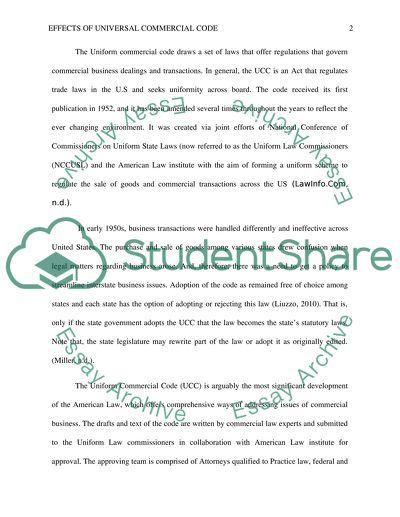Cite this document
(“The Affects of the Universal Commercial Code Research Paper”, n.d.)
The Affects of the Universal Commercial Code Research Paper. Retrieved from https://studentshare.org/law/1658963-the-affects-of-the-universal-commercial-code
The Affects of the Universal Commercial Code Research Paper. Retrieved from https://studentshare.org/law/1658963-the-affects-of-the-universal-commercial-code
(The Affects of the Universal Commercial Code Research Paper)
The Affects of the Universal Commercial Code Research Paper. https://studentshare.org/law/1658963-the-affects-of-the-universal-commercial-code.
The Affects of the Universal Commercial Code Research Paper. https://studentshare.org/law/1658963-the-affects-of-the-universal-commercial-code.
“The Affects of the Universal Commercial Code Research Paper”, n.d. https://studentshare.org/law/1658963-the-affects-of-the-universal-commercial-code.


